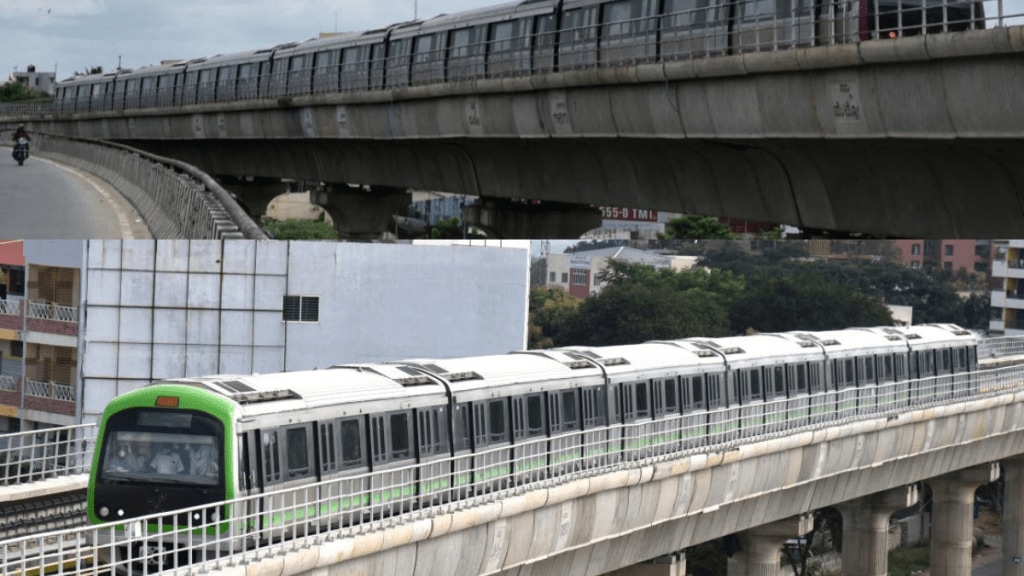Union Minister for Housing and Urban Affairs, Manohar Lal Khattar, virtually launched the first domestically manufactured train set for Namma Metro’s Yellow Line in Bengaluru on Monday, marking a significant step in enhancing the city’s metro connectivity. Khattar highlighted Bengaluru’s role as a global hub for IT and innovation, emphasizing how the metro system plays a key role in addressing the city’s urban challenges and benefiting millions of commuters.
“Today, as we celebrate the inauguration of Bengaluru Metro’s new train set and the surpassing of 1,000 kilometers of operational metro rail, we acknowledge this important milestone in India’s urban mobility journey,” Khattar said.
BJP MP Tejasvi Surya Addresses Project Delays and Progress
BJP MP Tejasvi Surya, addressing the audience, acknowledged the inadvertent delay of the Yellow Line, which was originally scheduled for completion in 2017. He assured that with the launch of the first train set manufactured by Titagarh Rail Systems in Kolkata, the Yellow Line project is set to be functional soon, benefiting over 2.5 lakh passengers. Surya also confirmed that additional train sets would be rolled out by February, with one each planned for March and April, to expedite the project.
“Now that one of the significant hurdles has been crossed, we are committed to inaugurating the Yellow Line as soon as possible,” Surya added. The launch is expected to ease congestion in key areas like Electronic City and Silk Board once the line becomes operational.
Details of the Yellow Line and Future Goals
The Yellow Line of Namma Metro will span 18.8 km from RV Road to Bommasandra, with 16 stations along the route. The line will provide vital connectivity to Bengaluru’s ITBT and industrial corridors, including three interchange stations—Silk Board, RV Road, and Jayadeva—allowing seamless transfers to the Pink, Green, and Purple Metro lines.
Umesh Chowdhary, Managing Director of Titagarh Rail Systems, noted that the stainless steel train set is the first to be completely manufactured in India by the company. The train also incorporates advanced automation, enabling it to operate in a driverless mode, marking a key milestone in the project’s progress.
A Vision for the Future
Surya emphasized the importance of prioritizing the Yellow Line project and working towards a future where Bengaluru will have 317 km of Metro infrastructure by 2031, significantly improving the city’s public transport system and addressing its growing mobility needs.


